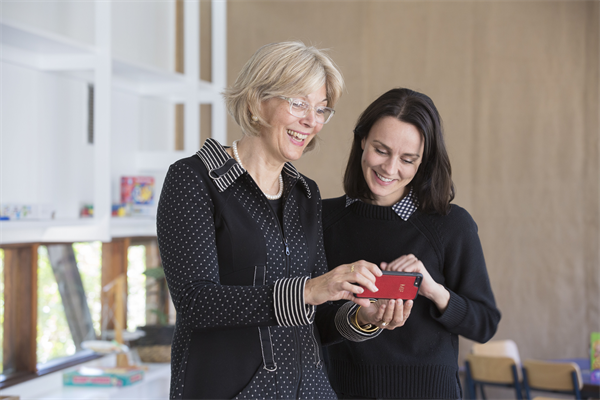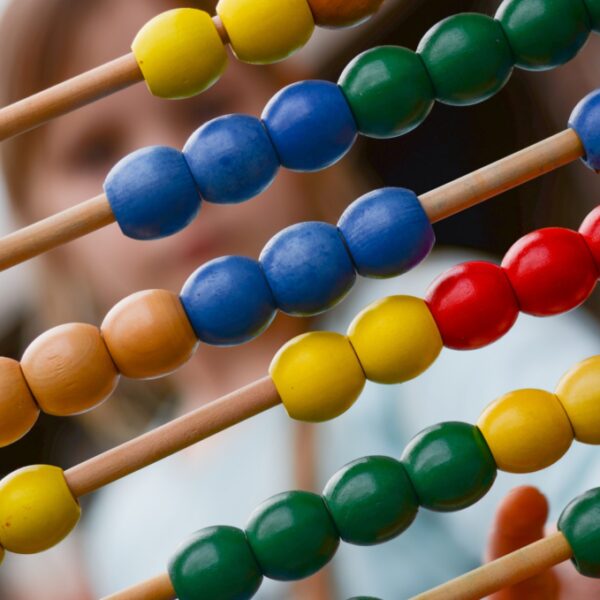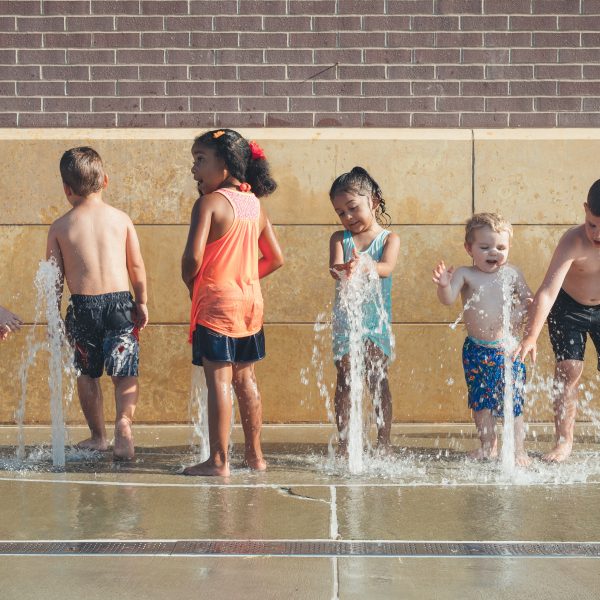Five-year project will explore play-based STEM applications

Australia’s largest study into play-based education, set to inspire educators and parents to develop “the next generation of thinkers” in science, technology, engineering and mathematics (STEM) has been announced, with researchers from Monash University to work with esteemed early childhood education and care (ECEC) professor, Marilyn Fleer.
The Australian-first project, known as the Conceptual PlayLab, will investigate how play-based education can deliver essential cognitive and learning outcomes for infants, toddlers and preschoolers in the STEM domain. The project is funded to the tune of $3.2 million over five years, through the Australian Research Council (ARC).
As part of the project, Professor Fleer will test a new model of teaching called Conceptual PlayWorld through a purpose-built app which supports educators and parents to create a play-based world that helps children form ideas and use their imagination to solve problems.
The research grant from the ARC is a significant milestone for ECEC, being the first of its kind awarded to ECEC research, and only the second awarded to education of any type. The Sector believes the awarding of the grant signals a ‘changing of the guard’ and an increased recognition of the role and value of research provision in the ECEC space to improve outcomes for children, positioning Australia a research leader in this field, developing high levels of teacher quality and 21st century thinking skills in young minds.
Professor Fleer, who has dedicated over 30 years of her career to researching play-based education, said that “Internationally, the school-style curriculum is making its way into preschools which is not a good thing.” She added that the “push down” of structured, academically driven content to young children “has the potential to deprive (them) of vital play-based, imaginative and creative learning opportunities”.
“Longstanding evidence has shown that the first three years of life are a vital development period for the human brain and cognitive stimulation – especially through imaginative play – and are known to influence lifelong capacity for learning and inquiry.
“Early childhood education is at a point in history where the teaching and learning of STEM concepts are needed, but where large-scale research of how to teach these concepts in Australian play-based settings has not yet been undertaken,” Professor Fleer said.
Professor Fleer’s research will lead a program of study of conceptual play for play-based settings and family homes, based on three distinct projects. The first project will follow 130 infants, across a variety of ECEC settings, for a five-year period, with the aim of gaining insight into the unique nature of imagination in STEM, and how this changes with age.
The second project will centre on families, and how they create conditions for imaginative learning. 100 children and families, from a variety of demographics, will be followed at home in the early morning, late afternoon, evening and on weekends, for four months, to see if the home environment provides sufficient STEM concept formation.
The third project will survey over 300 early childhood teachers, asking them to reflect on the way in which they create conditions for play-based learning, using the STEM PlayWorld’s model for infants, toddlers and preschoolers.
Throughout the project, Professor Fleer will draw on a bank of research by international scholars at the University of Oxford and Trinity College in Dublin, as well as an expansive network of educational partners in Canada, China, Denmark, Lithuania, Norway, Russia, Sweden and the USA.
Results from the study will form the basis of a national teaching framework to support early childhood educators to confidently lead and teach STEM through play.
Rebecca Lewis, Educational Consultant at Preshil Independent Progressive School in Melbourne, was one of the first educators in Australia to trial the PlayWorld approach, which she believes will motivate children to learn in a ‘natural and purposeful’ way.
“Play offers opportunities for children with a broad range of abilities, strengths and interests to participate – from playing a character alongside a teacher or peers, to leading the play with their developing knowledge to solve challenges we meet along the way,” Ms Lewis said.
“Through play, we start with a story that creates a world shared by children and teachers. This provides an emotional hook as children develop empathy with characters in the story. STEM concepts embedded in the play are then used to solve problems which encourages children’s creative and critical thinking skills.”
Emphasising the value of the research, Professor Fleer said “Without an evidence-based model of how to teach STEM concepts in play-based settings, then the ECEC sector will continue to use a model of teaching designed for much older children. These fail to inspire young children to develop scientific lenses and inquiring minds about their everyday world.”
For more information about the PlayWorld concept in practice, click here.
Popular

Quality
Policy
Practice
Provider
Playground safety checks in early learning: Why regular equipment inspections matter in 2026
2026-01-19 07:30:49
by Fiona Alston

Policy
Quality
Provider
Practice
Approved provider to be charged over serious child safety allegations in Victoria
2026-01-19 07:00:40
by Fiona Alston

Policy
Practice
Provider
Quality
Standard 7.1 now explicitly embeds child safety: What “governance” needs to look like in 2026
2026-01-16 07:15:42
by Fiona Alston















